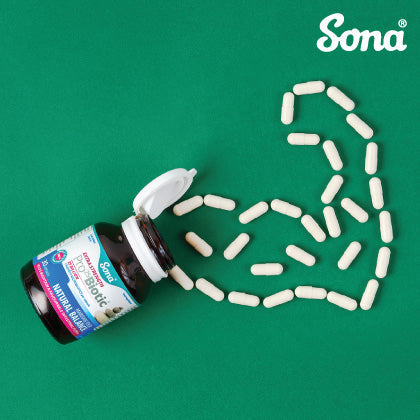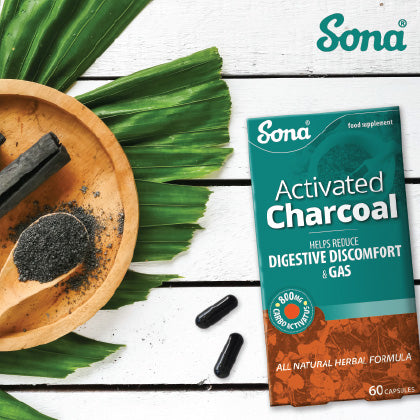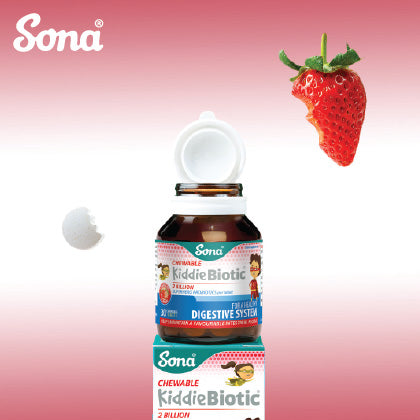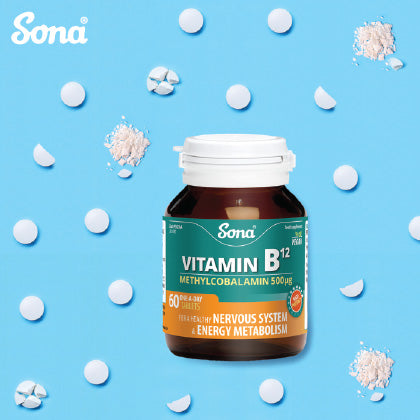Health News & Info
Struggling with gut and digestive issues? We know just how to help.
New year, same gut issues? Starting the year fresh can be difficult when your gut is holding you back. Here are some signs, symptoms and causes of gut imbalance which may suggest that it is time to change up something in your diet or lifestyle: Excessive bloating IBS symptoms Mild pain or discomfort Changes in bowel habits Constant fatigue Unhealthy diet Sleep disturbances Weight changes Antibiotic use The good news is that you do not have to live with these uncomfortable symptoms, and making certain lifestyle and diet changes can make a huge difference, such as: Getting at...
What Are The Benefits Of Activated Charcoal?
Activated charcoal has become very popular for those with digestive issues in the past few years, but what exactly is activated charcoal and what are the benefits of supplementing with it? What is it? Activated charcoal is also known as activated carbon and is created through a natural process of burning items which are high in carbon, in concentrations low in oxygen. While consuming anything burnt doesn’t traditionally scream ‘healing’, the result of this process, activated charcoal, is now being used to treat patients who have ingested a toxic substance and in people with digestive issues like bloating or...
Strengthening Your Child’s Immune System
A strong immune system is crucial for protecting a child from harmful disease and infections. As of recent, it is even more important for our children to stay protected as the unpredictable pandemic continues. As parents, we can feel ever so helpless in these circumstances, but we must try to focus on controlling the controllable to help manage our own anxiety and prevent burnout. By now, it is ingrained in us to wash our hands and wear a mask, but we have put together some other ways which can help protect your child from infection and keep their immune systems...
Are You At Risk Of A Vitamin B12 Deficiency?
B vitamins are well known to be important for energy and metabolism however vitamin B12 is slightly different as it is more common to develop a deficiency. In this article we discuss all things B12, from its functions to where to find it in food, and who is most likely to become deficient. What is vitamin B12 and why do we need it? Vitamin B12 is a water soluble vitamin, which means our body cannot store it in our fat tissue, and we need to get it from our food every day. In addition, we can also make a small amount...




